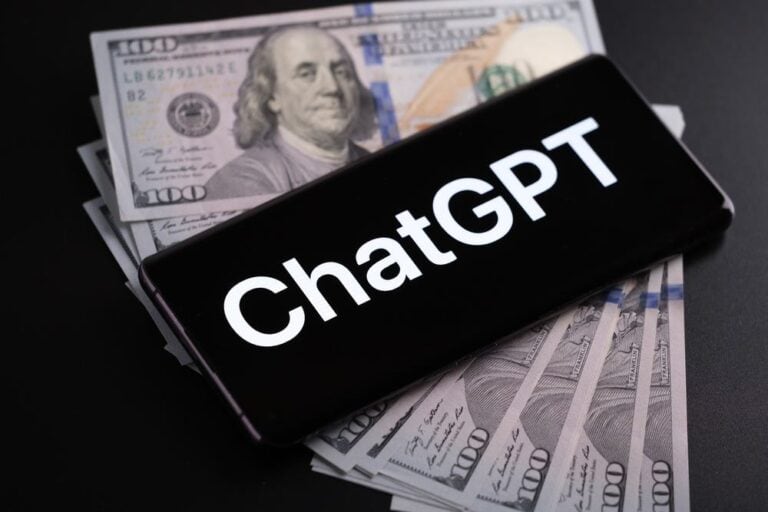PayPal shares shot up 14 percent after it was announced that the payment service would be integrated into ChatGPT. The collaboration has given OpenAI’s chatbot more features, but does it also provide a sustainable business model?
Starting early next year, users will be able to make payments within ChatGPT. So-called “agentic commerce” will allow potential purchases to be made directly within OpenAI’s chatbot interface. This pushes ChatGPT even further in the direction of a jack-of-all-trades, but for online sellers, it remains to be seen whether this will attract consumers.
PayPal will verify both buyers and sellers to prevent fraud. Users can also check their PayPal account balance with ChatGPT. Buyers can pay with a single click via the ‘Buy with PayPal’ button, while sellers can display their inventory in the AI tool.
Read also: Broadcom and OpenAI build custom chip for ChatGPT
Payments directly in ChatGPT
OpenAI has previously signed deals with Shopify, Etsy, and Walmart. The 700 million weekly ChatGPT users are clearly an interesting market. However, it is far from clear whether those customers, who are generally not ChatGPT subscribers, will actually want to open their wallets when interacting with the chatbot.
In any case, PayPal emphasizes that it will make more use of OpenAI’s business services itself. It hopes to enable employees to accelerate product cycles. The announcement came after exclusive reporting by CNBC. PayPal then published its own press release about the deal. The quarterly figures for Q3 were also announced on Tuesday. All in all, this has done the company no harm on the stock market, with a 14 percent increase in the value of its shares.
OpenAI is still searching
It’s clear that OpenAI is at the center of the current AI hype. At the same time, it is the weak link. The predicted annual revenue of around €9 billion in 2025 is impressive for such a young company and certainly such a young service (ChatGPT Plus has only been around since February 2023). However, it is a drop in the ocean when compared to the astronomical expenses of CEO Sam Altman’s company. For this reason, OpenAI expects to incur a loss of approximately €7 billion this year. As long as financiers such as SoftBank and Nvidia exist, OpenAI will remain afloat. That still seems to be the case, but it is an uncertain foundation for further expansion if a company’s success depends on a handful of external parties and extreme annual revenue growth.
OpenAI’s revenue model is also far from set in stone. With PayPal and other e-commerce deals, it is opting for solutions that focus on consumers. The same applies to the new Atlas browser, currently only available on macOS. It is clear that the battle with Google has begun. However, that company is not just any resident. It is a veteran in the field of online advertising revenue, has countless partnerships with web shops, and is virtually unavoidable for companies that do business online. This may create a desire to see an alternative emerge; OpenAI has yet to prove that it can truly be that alternative.
